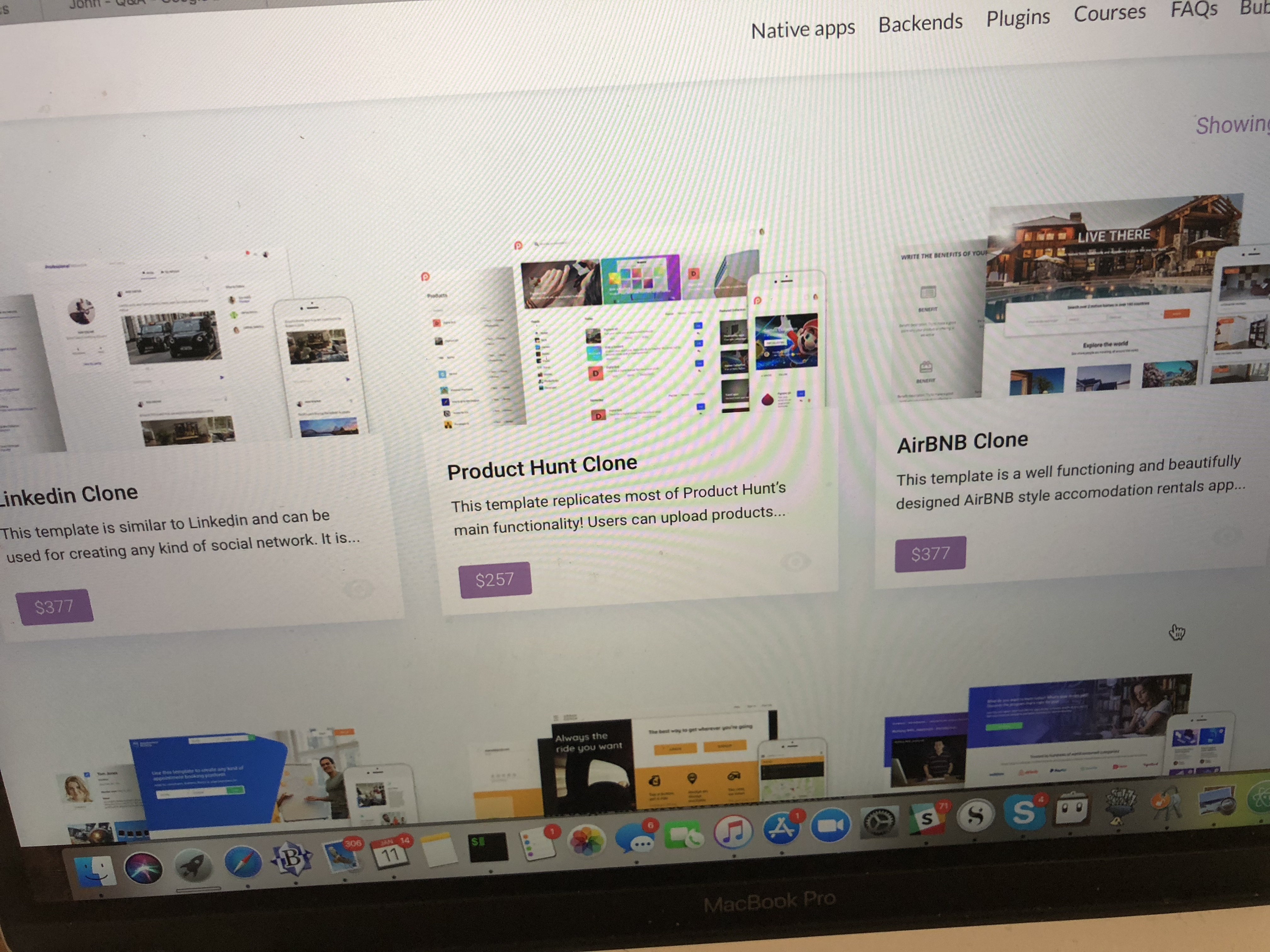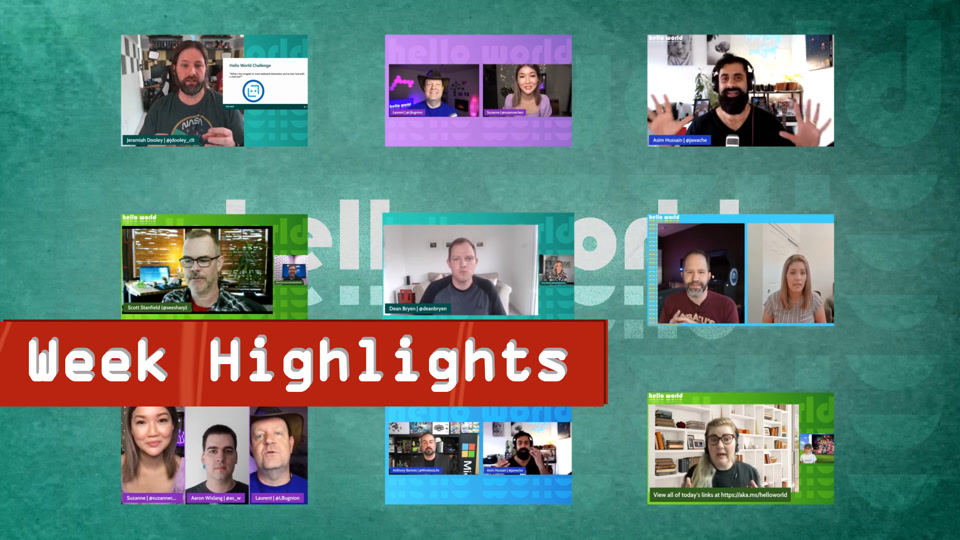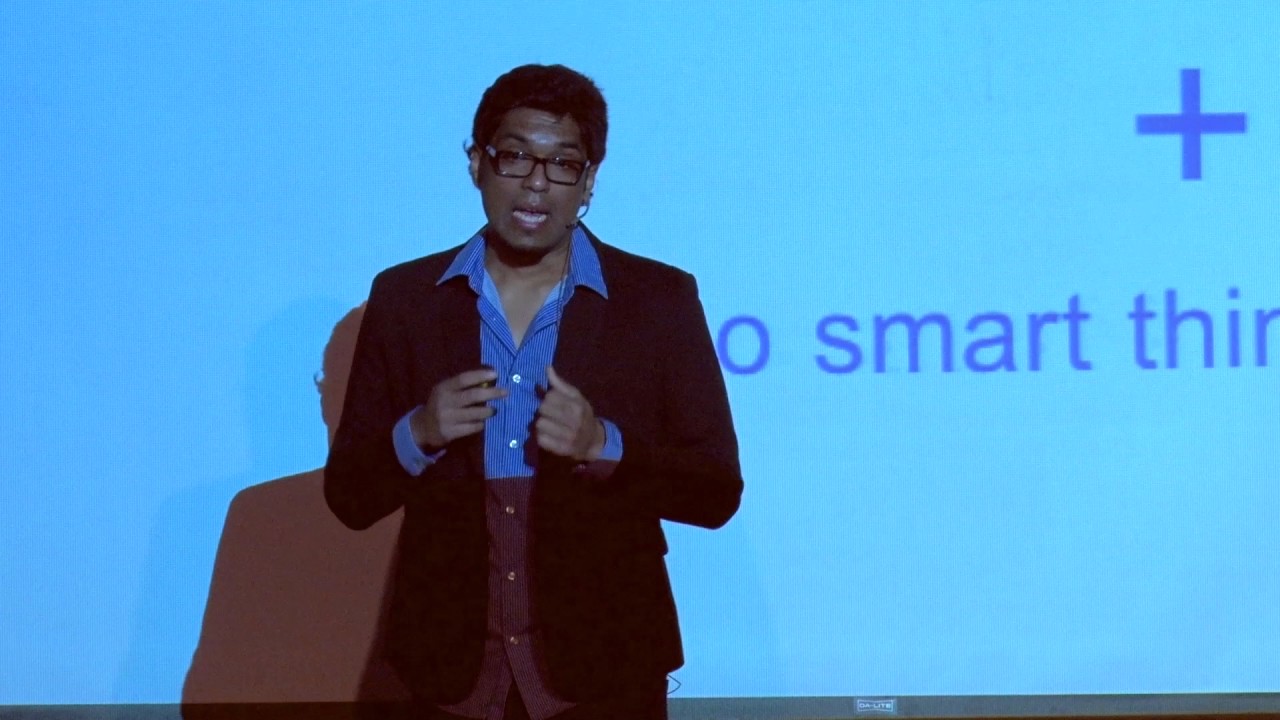Codeless development platforms are at once a blessing and a curse. If they’re complete enough to be powerful they are too difficult for beginners and if they’re simple enough for beginners they’re useless for serious work. Zeroqode, a one-stop-shop for codeless creation, aims to make the difficult easy and the easy more powerful.
Created by Levon Terteryan and Vlad Larin, the project is based on Bubble, a new codeless development framework. To understand it think of Django-like autobuilder tools connected to an easy to use drag and drop interface. You add functionality by dropping in Trello-like cards that perform various actions.
I worked with the team to rebuild my website in Bubble and they offered both hands on assistance and showed me where thinks were going wrong. They are Bubble’s certified partners. The team is bootstrapped and exhibited at Disrupt Berlin in 2017.
“Our business consists of 2 main components: services (no-code development) and products (templates, plugins, courses etc.),” said Larin. It’s the templates they’re talking up most as the services side is a bit harder to sell. By working with non-coders to get started with Bubble, they open a pathway to future collaboration.
“Our no-code templates and self-service products are helping to create and launch from 20 to 30 web products, with that number rapidly increasing in the last quarter,” said Larin.
The team sees itself as a dev-in-a-box solution. The teams first products are 28 simple templates for users to recreate their favorite services and to learn Bubble along the way.
“What we do costs our clients just a fraction of what they would otherwise pay to the developers,” said Larin. “Most of our no-code developers have been web designers prior to joining our team. We have trained them to work in Bubble and build complex functionality.
So now 1 person can do everything – UI/UX design + workflows + database configuration + debugging etc thus reducing the complexity of traditional development where a team of at least 5 people is usually required to build a complex web application.”
With the teams help I was able to understand Bubble nearly completely and begin working on my redesign. They team helped considerably but their templates were very usable and very affordable. The finished app is as polished as I could make it but seeing as I haven’t coded professionally since 2000 it seemed to produce a good result. Hosting the app on Bubble costs $14 a month.
“The goal is not to allow our users to create a copy of AirBNB or Uber but to empower them launch any product that is resembling the functions of one of the big names in the startup world, with person adding his unique feature on top of the great baseline, doing that faster and with way less costs involved,” said Larin.
The team has seen unfunded startups using their code to build MVPs and even final products. The team had been building complex and expensive products for clients but they could service smaller companies. When they found Bubble they knew they could be helpful.
“The business has started growing exponentially and In under 2 years the team has grown from 1 person to 17,” said Larin. “Now we have 10+ no-code developers which in traditional development capacity would compare to around four or five times more than that.”
“The goal is to make Zeroqode for complex web apps what WordPress has become for simpler web-sites,” he said.
Check out my talk with Larin at Disrupt Berlin.
John Biggs
http://feedproxy.google.com/~r/TechCrunch/JohnBiggs/~3/RyuI48sBvYk/
Source link



